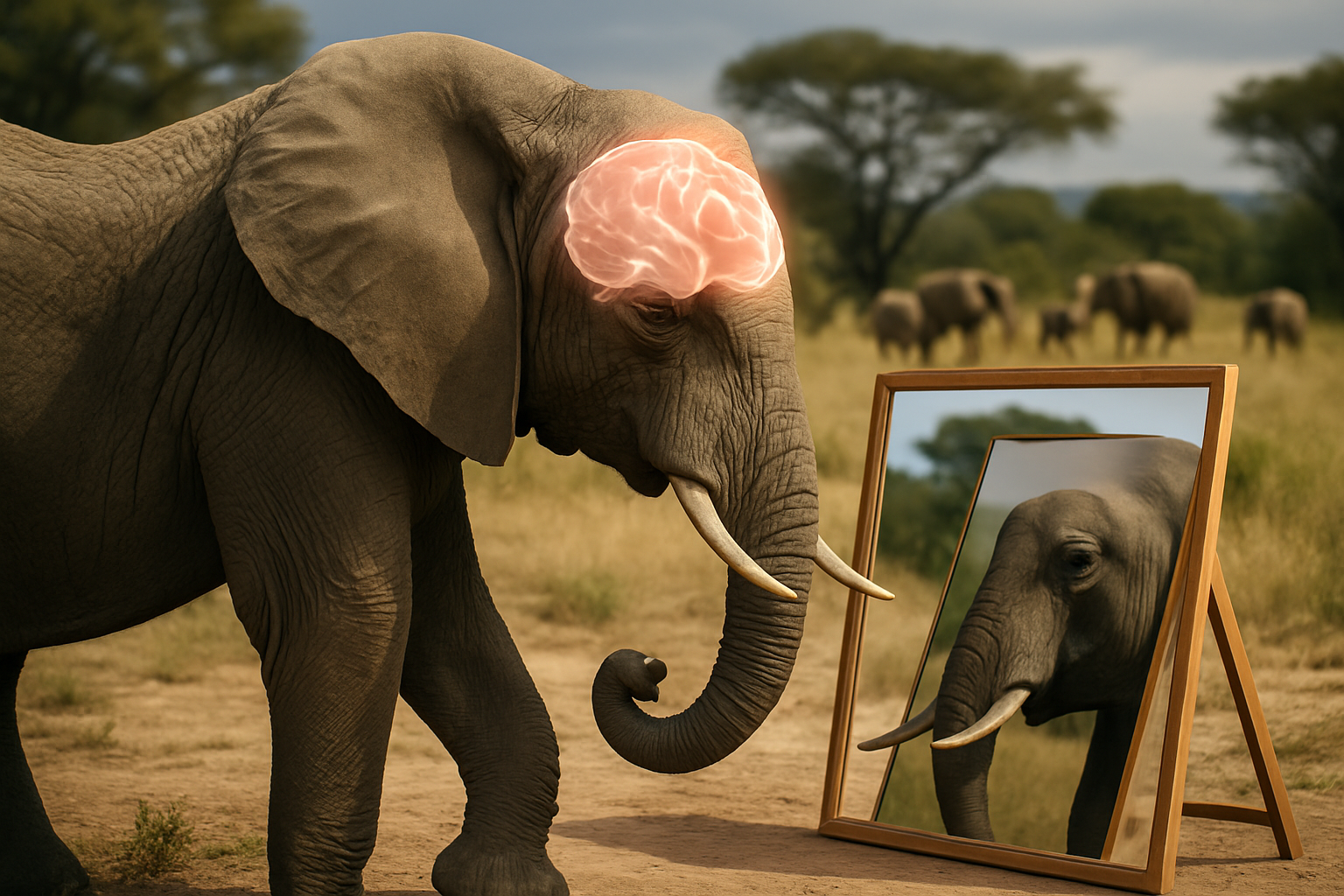Unraveling the Enigma of Elephant Empathy
Elephants, the gentle giants of the animal kingdom, have long captivated our imagination with their intelligence and social complexity. Recent scientific discoveries have shed new light on their remarkable capacity for empathy, challenging our understanding of animal cognition and emotions.

The Roots of Elephant Empathy
The foundation of elephant empathy lies in their highly developed social structures. Living in matriarchal herds, elephants form strong bonds that last a lifetime. These close-knit family units provide the perfect environment for nurturing empathetic behaviors.
Scientists believe that the large, complex brains of elephants play a crucial role in their ability to empathize. The elephant brain contains a high number of von Economo neurons, also known as spindle neurons, which are associated with social awareness and empathy in humans. This neurological similarity may explain why elephants exhibit such sophisticated emotional responses.
Empathy in Action: Observed Behaviors
Numerous field studies have documented compelling examples of elephant empathy. One of the most striking behaviors is how elephants respond to the distress of their companions. When a herd member is injured or upset, others often gather around, using their trunks to stroke and comfort the affected individual.
Even more remarkably, elephants have been observed extending their empathy beyond their own species. There are accounts of elephants attempting to help other animals in distress, including humans. In one notable instance, an elephant was seen trying to assist a rhino stuck in the mud, demonstrating an awareness of another’s plight and a desire to help.
The Mourning Rituals: A Window into Elephant Emotions
Perhaps the most poignant display of elephant empathy is their response to death. Elephants are known to mourn their dead, a behavior rarely seen in the animal kingdom. They have been observed standing vigil over deceased herd members, gently touching the bones with their trunks, and even returning to the site of death years later.
This mourning behavior extends to elephants they’ve never met. In several documented cases, elephants have paused to investigate and interact with the bones of long-dead elephants, suggesting a deeper understanding of mortality and a connection to their own species that transcends individual relationships.
Implications for Conservation and Animal Welfare
The recognition of elephant empathy has profound implications for conservation efforts and animal welfare policies. Understanding the emotional lives of these animals underscores the importance of preserving their natural habitats and family structures.
Conservation initiatives now increasingly focus on maintaining the integrity of elephant herds and protecting their social bonds. Efforts to rehabilitate orphaned elephants, for instance, now emphasize the importance of creating surrogate families to provide the emotional support crucial for their development.
Challenges in Studying Elephant Empathy
While the evidence for elephant empathy is compelling, studying this phenomenon presents unique challenges. Elephants’ long lifespans and complex social structures make it difficult to conduct controlled experiments. Additionally, interpreting animal behavior without anthropomorphizing requires careful scientific methodology.
Researchers are developing innovative techniques to study elephant emotions, including non-invasive hormone monitoring and advanced behavioral observation methods. These approaches aim to provide a more objective understanding of elephant empathy while respecting the animals’ natural behaviors.
The Future of Elephant Empathy Research
As our understanding of elephant empathy grows, so does the potential for groundbreaking discoveries. Current research is exploring the possibility that elephants may have a theory of mind - the ability to attribute mental states to others, a trait once thought unique to humans.
Future studies may also investigate how elephant empathy develops over their lifetime and how it compares to empathy in other highly intelligent species like dolphins and great apes. This comparative approach could offer valuable insights into the evolution of empathy across different animal lineages.
The unfolding story of elephant empathy continues to challenge our perceptions of animal consciousness and emotion. As we delve deeper into the inner lives of these magnificent creatures, we not only enhance our understanding of the natural world but also gain new perspectives on our own capacity for compassion and connection.






